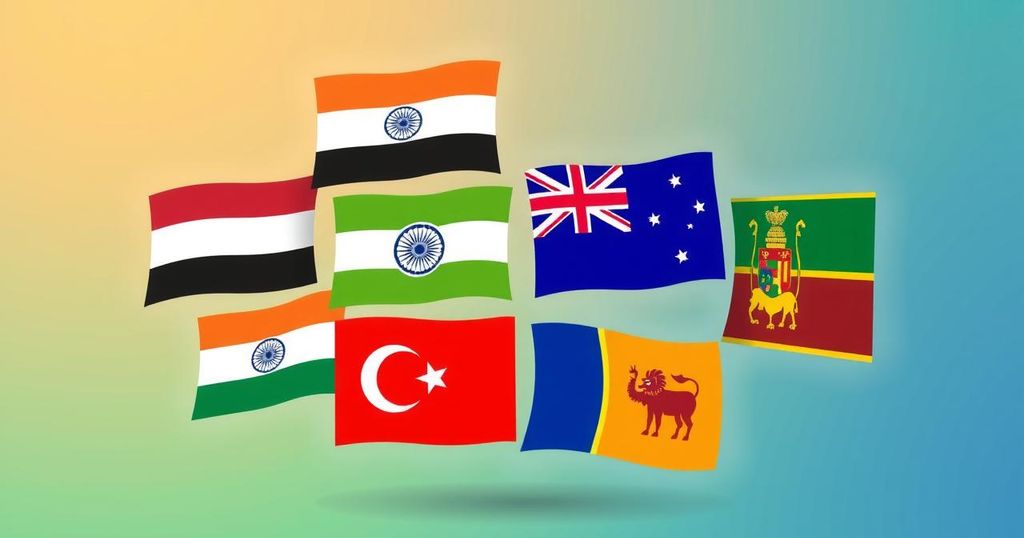Iraq has replaced its visa-on-arrival system with an electronic visa model, joining several other nations in a migration towards digitalized travel. This approach aims to enhance security and streamline entry procedures for visitors. Travelers from various countries now must obtain an e-visa prior to entering Iraq, reflecting a global trend in modernization of travel regulations.
Iraq has announced its transition from a visa-on-arrival system to an electronic visa (e-visa) system, joining other nations such as India, Brazil, Turkey, Australia, Kenya, and Sri Lanka. This shift aims to enhance security, minimize wait times at border checkpoints, and streamline the entry process for visitors. By adopting e-visas, Iraq seeks to strengthen immigration compliance, prevent unauthorized entry, and simplify the travel application process.
As of March 2025, foreign travelers from designated countries must secure an e-visa through the official platform prior to entering Iraq. This new system is anticipated to reduce delays at border crossings and improve adherence to immigration policies. Previously, visitors could obtain a 60-day visa on arrival at various entry points; however, travelers now must ensure they have a pre-approved e-visa before boarding their flights.
The removal of the visa-on-arrival privilege affects nationals from multiple countries, including Austria, Canada, Japan, and the United States, among others. Travelers planning to visit Iraq must complete their e-visa applications before departure to avoid potential border disruptions.
This progressive step towards e-visas aligns Iraq with many countries that are modernizing entry procedures to foster improved border security and travel efficiency. Despite tightening entry regulations, Iraq remains dedicated to easing travel processes for specific travelers, actively pursuing agreements for visa exemptions with several nations.
In September 2023, Iraq concluded a mutual visa exemption agreement with Indonesia, benefiting holders of diplomatic and service passports. Discussions between Iraqi officials and Indonesia’s Foreign Minister underscored the significance of reducing entry barriers to bolster diplomatic and economic relations, a precedent Iraq may extend to additional nations.
As Iraq adopts the e-visa model, it reflects a broader global trend toward digital visa applications, as travel systems evolve. This shift necessitates travelers to remain aware of new regulations, ensuring they obtain the required documentation ahead of their journeys. The transition to e-visas represents a major policy evolution for Iraq, which aims to facilitate smoother international travel.
Iraq, often referred to as the cradle of civilization, boasts a diverse array of cultural and historical experiences. Notable cities to visit include Baghdad, known for its vibrant blend of ancient and modern elements; Erbil, the historic capital of the Kurdistan Region; and Basra, famous for its beautiful canals and fresh seafood. Najaf and Karbala are key pilgrimage sites for many, while Mosul’s revitalization as a cultural hub is noteworthy. Travelers are encouraged to embrace the sights and flavors of these remarkable destinations, enriching their experience in Iraq.
In conclusion, Iraq’s transition to an e-visa system marks a notable change in its travel and immigration policies, aligning it with a growing global trend toward digitization. This new system is designed to enhance security, expedite entry processes, and improve overall traveler experience. As Iraq embraces this evolution, it remains dedicated to fostering international relations through agreements like those with Indonesia, ensuring that the travel sector continues to flourish while emphasizing efficiency and safety.
Original Source: www.travelandtourworld.com






